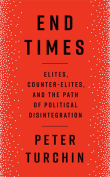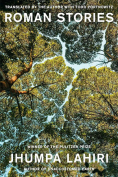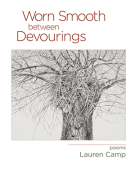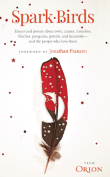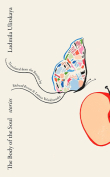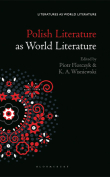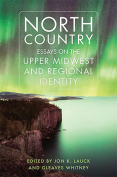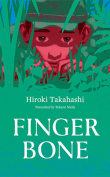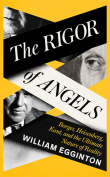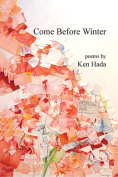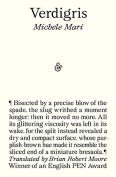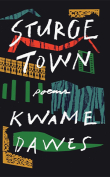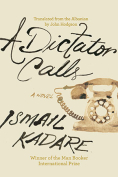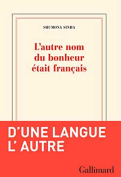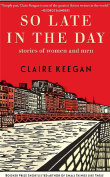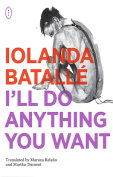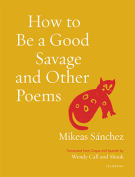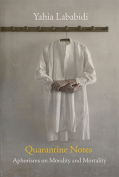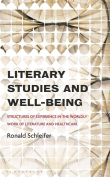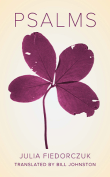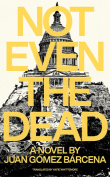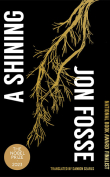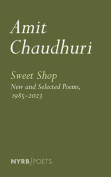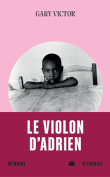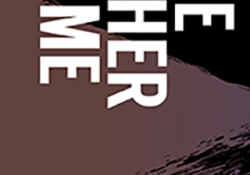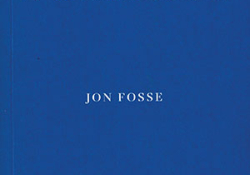A Shining by Jon Fosse
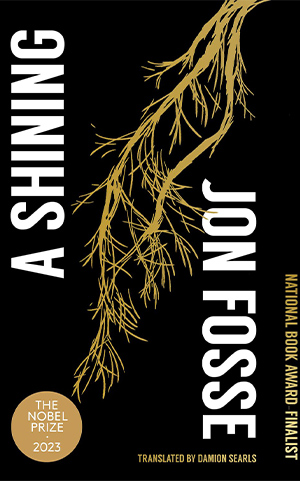 Oakland, California. Transit Books. 2023. 112 pages.
Oakland, California. Transit Books. 2023. 112 pages.
If you are looking for a manageable first exposure to the work of 2023’s Nobel Prize winner, Norwegian writer Jon Fosse, you might consider his new novella, A Shining. Unlike his previous six-hundred-plus-page, one-sentence novel Septology, it unfolds in short, rapidly progressing sentences, carrying the stream of consciousness of its narrator and protagonist. We follow his thoughts and impressions as, lost in a dark, freezing Norwegian forest, he increasingly loses purchase on reality, edging ever closer to death.
It is not clear to us, nor to the protagonist himself, why he started driving that evening or why he took the road leading to the forest, where his tires get stuck in the mud. He shares his beliefs about his actions and perceptions as he grows increasingly unsure about what is real or why. He leaves his car and stumbles through a thick, snowy forest, at times convincing himself to be in search of other people.
Initially, he is only confused about his motivation: “I walked into the forest, because I wanted to freeze to death. But I don’t want to . . . Or is that exactly what I do want.” He soon starts feeling led by a presence, a shining, that sporadically talks to him. Two shadowy figures appear, turning into his parents as they approach. He knows himself to be alone and them to be figments of his imagination. Still, there is no fear or desperation to regain reality. His father is as absent and near-mute as his mother is engaging and optimistic. Even so, they cannot help him find the way, and the mother sees the ending “the way it had to end.” In Fosse’s last pages, they are joined by a further, faceless figure, who leads them into the shimmering presence as meaning falls from everything.
A Shining enwraps the reader in ruminating language, sentences circling in repetitions and contradictions:
“there was another way of talking, according to which something, something or another, led, whatever that might mean, to something else, yes, something else.”
“It hasn’t been that long . . . , or maybe it has been a long time, maybe it’s been years, or maybe it’s been just a few months, or a few weeks, a few days, because it’s definitely been more than . . .”
We see a confused mind but not a fearful one. For all the protagonist’s questioning, we cannot shake the impression that something in him knows his fate. A lonely man, he seems to be led in rather than leading his own actions. How far this extends back into his past—and perhaps contributed to his walking into the forest one cold night—is left for us to speculate. In the little time that the novella follows its protagonist, he does not seem to make any real decision—not even on whether his life is worth continuing. “I didn’t do it on purpose,” he pleads with the reader.
Often touted as the “Beckett of the twenty-first century,” Fosse’s prose frequently plays with the absurd, blurring the line between the imagined and the real. A Shining explores this haze as its protagonist’s mind makes a slow, Dantean descent into the void. The atheist reader might forgive the author’s thinly veiled Christian image of “the presence shining in its shimmering whiteness,” as they are rewarded by simple, quickly paced prose that merges their mind with that of the slowly dying.
Felix Haas
Zurich
